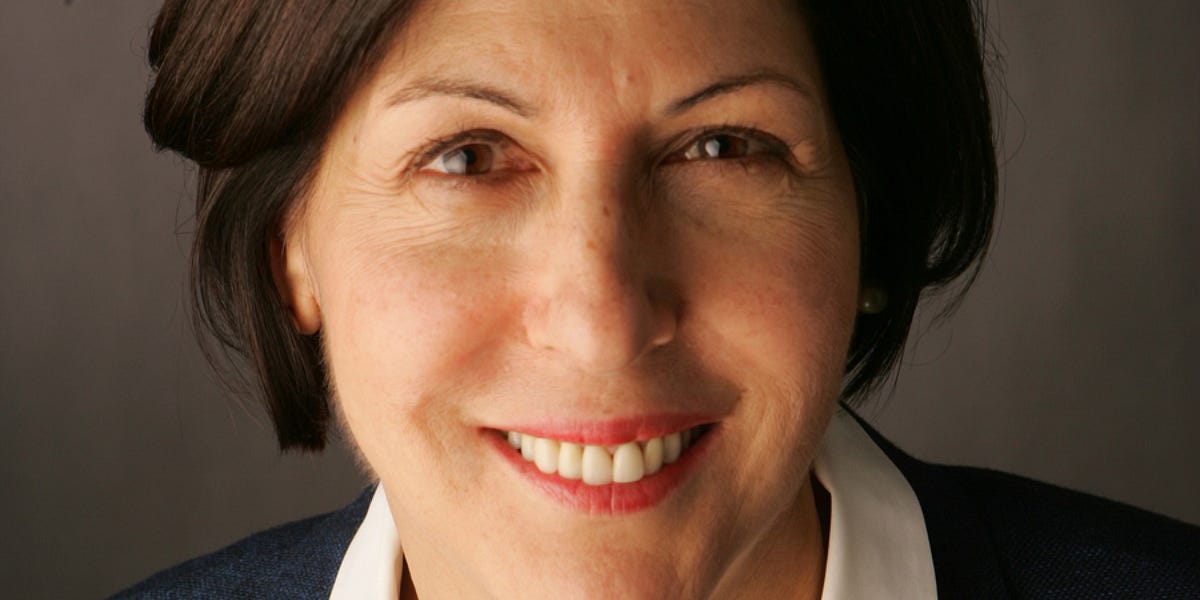Bussiness
Louisiana House votes expand sales taxes, end popular business incentives • Louisiana Illuminator

The Louisiana House of Representatives approved legislation Wednesday that would expand sales taxes to digital streaming services, establish a flat tax on corporate income and repeal a whole host of special interest tax breaks.
The legislation is part of Gov. Jeff Landry’s tax overhaul to swap lower income taxes for an expansion of sales taxes on goods and services.
House Bill 8, sponsored by Rep. Ken Brass, D-Vacherie, cleared the lower chamber in an 80-19 vote and will next head to the Senate for consideration.
The proposal would expand the state sales tax to a broad array of digital goods and services, including streaming video and audio services, smartphone and tablet apps, video games and any other downloadable or streamed content.
It would not apply to intangible items such as online stock purchases, patents or copyrights. Telecommunications and internet access would also be excluded from the sales tax as they already fall under a stand-alone tax for such services.
The bill would further exempt certain digital products used exclusively for commercial purposes. Users of telemedicine services and online banking, for example, would not be taxed. Brass’ measure would also repeal current sales tax exclusions for custom software and newspapers.
If enacted, Brass’ proposal is estimated to generate more than $178 million in state revenue over the next five years assuming an existing voluntary compliance rate of roughly 35%, according to an analysis from the Legislative Fiscal Office.
The revenue from Brass’ bill would be used to help offset other parts of Landry’s tax package. They include House Bill 2, sponsored by Rep. Julie Emerson, R-Carencro, which cleared the House a 79-19 vote Wednesday. It will also head to the Senate for consideration.
Emerson’s bill would replace the current corporate income tax structure that maxes out at 7.5% with a single flat rate of 3.5%. Before it reaches 3.5%, the rate would be reduced to 5.5% for the fiscal year that starts July 1, 2025, to ease the tax overhaul’s impact on state revenue.
To offset some, though not all of the revenue loss, Emerson’s legislation proposes to do away with a whole host of special interest tax breaks over the next few years.
The ax would fall on popular incentives for film production, small business innovation, historic structure rehabilitation and recording studios, among other areas.
This portion of the legislation drew bipartisan opposition from some lawmakers but not enough to kill the bill.
Rep. Mike Bayham Jr., R-Chalmette, spoke admiringly of how the motion picture tax credit brought jobs to St. Bernard Parish and spurred film companies to revitalize old abandoned department stores. He pointed out that U.S. House Majority Leader Steve Scalise, R-Jefferson, created the tax credit years ago as a state lawmaker.
Bayham said his colleagues have assured him they would continue to work on legislation to protect some kind of incentive for the film industry. He voted in favor of Emerson’s bill but threatened to oppose it later if it “comes back in a posture that doesn’t work.”
Rep. Michael Echols, R-Monroe, praised the economic benefits of a tax credit for real estate developers who renovate dilapidated historic properties. He said the governor personally promised to support an alternative program in the future.
Businesses and individuals are poised to benefit from lower income tax rates if the governor’s overhaul is enacted. Emerson and other proponents have said it is needed to stem Louisiana’s continuous loss of population and attract new businesses to the state.
Rep. Mandie Landry, D-New Orleans, said she doesn’t think people are leaving because of the state’s tax structure. The Legislature has passed a variety of tax bills over the years that proponents said would attract businesses to the state, she said.
Others pointed out that the tax package is unique in the extent at which it would overhaul so many parts of the tax structure at once.
“For 50 to 70 years, we’ve done the same old thing, and it’s not working,” Echols said. “… It’s time for change.”
YOU MAKE OUR WORK POSSIBLE.










